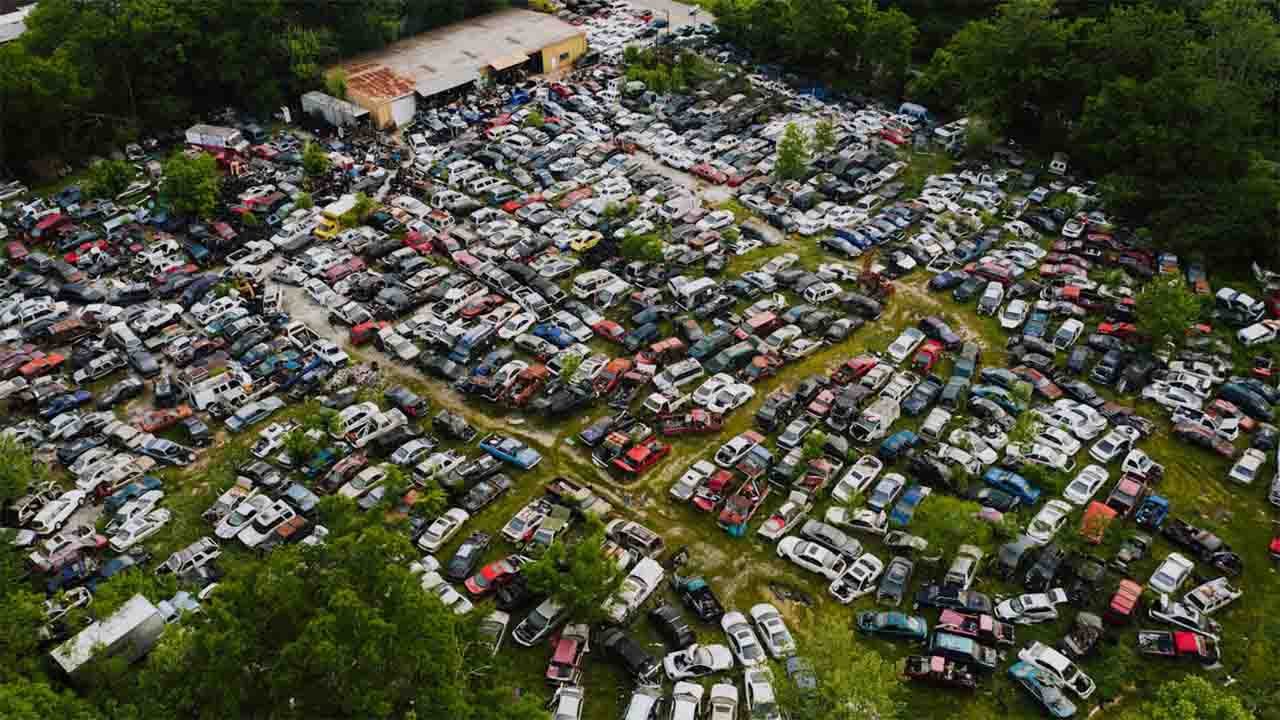South Africa (Commonwealth) _ While China, the United States, Japan, and Germany have traditionally been the world’s largest automobile manufacturers, South Africa aspires to produce 1% of the world’s cars, or 1.4 million vehicles per year, according to the South African automobile Masterplan (SAAM) 2021–35.
Investment in the automotive sector today will be critical in fueling the expansion of South Africa’s automotive industry, allowing the country to fulfill worldwide demand for vehicles. South Africa’s car manufacturing industry is one of its most powerful economic sectors. According to the US Department of Commerce’s website, South Africa’s vehicle market is predicted to be $35.15 billion (R656.09 billion) in 2022, with exports reaching $13.1 billion, according to the US International Trade Administration.
There are now seven OEMs in South Africa, two of which are housed in the Coega Special Economic Zone (SEZ). In 2021, these OEMs made R8.8 billion in investments, with the automobile component suppliers contributing an extra R5.7 billion. Since South Africa serves as a gateway to the Middle East, Asia, and Africa, more original equipment manufacturers are presently considering locating there, which is contributing to the expansion of the automotive sector. With its supporting infrastructure, close proximity to ports and transportation networks, and other value-added services provided to investors, the Coega SEZ is establishing itself as an attractive destination.
According to the SAAM, there has been a significant shift in the local automobile sector during South Africa’s democratic transition. Multinational corporations currently control it, and it is completely integrated into global value networks. It has demonstrated that it is capable of producing automobiles that meet the highest international standards and is distinguished by significant levels of import and export.
Growth of FDI
Vehicle exports were shipped to 140 countries in 2015. Ford, Hyundai, and Toyota are just a few of the multinational corporations that have shown interest in South Africa in recent years, and they have made investments in the country’s automotive industry. 15 foreign direct investment projects into South Africa were monitored between 2019 and 2021, according to GlobalData results.
In order to support the production of the Ranger, Ford Motor Company of Southern Africa (FMCSA), a South African-based manufacturer of cars and commercial vehicles and a subsidiary of the US-based Ford Motor Company, invested more than $686 million in new and upgraded facilities at the Silverton plant in Pretoria pickup truck.
The Coega Development Corporation, acting as an Implementing Agent of Choice, has completed the development of the first phase of the FMCSA supplier park with funding provided by the national government totaling R4.5 billion.
Hyundai Motor Co. of South Korea declared intentions to build a new plant in Benoni in 2020. Moreover, Toyota South Africa Motors declared in 2020 that it will establish a new hybrid vehicle plant south of Durban and invest around $162.3 million to develop a new passenger car model there.
Beijing Automobile International Corporation (BAIC) has promised to spend R11 billion in a car facility in the Coega Special Economic Zone (SEZ) that can produce 100,000 units, generating over 2,500 employment during the development phase. It is expected to produce 1,000 employment at the plant in addition to additional jobs created downstream in the automotive value chain. The Industrial Development Corporation (IDC) of South Africa and the state-owned Chinese firm BAIC have a 35% ownership stake in the joint venture that is the BAIC local plant.
production of automobiles
Located in the Nelson Mandela Bay Municipality’s Gqeberha city, the Coega SEZ is strategically located along the principal east-west maritime routes in the southern hemisphere. The SEZ is served by two ports: the Port of Port Elizabeth, which runs bulk, breakbulk, truck, and container terminals and is now undergoing expansion by Transnet to improve throughput capacity, and the deepwater Port of Ngqura, which serves as a designated hub for container traffic.
The goal of the Coega SEZ is to establish itself as the new millennium’s automotive center. There are 14 specialized zones in the SEZ, with two of them devoted to the automobile industry. Cost-effective integrated manufacturing solutions in zones 1 and 2 of the Coega SEZ and in the Nelson Mandela Bay Logistics Park in Kariega, formerly known as Uitenhage, are among the offerings Coega made to the automotive investors.
Coega is well-positioned to provide a wide range of services to automotive investors, assemblers, and component suppliers, freeing up the businesses to concentrate on their primary operations of manufacture and distribution. Foreign enterprises may prosper in the Coega SEZ because it has the necessary infrastructure, incentives, logistical networks, and value chain.
Above all, the Coega SEZ specializes in helping investors get access to government-backed programs like pooled 24-hour security, phone networks, and exemption from some load shedding. Through the deepwater Port of Ngqura, the Port of Port Elizabeth, and the Chief Dawid Stuurman International Airport, tenants of the SEZ may easily reach export markets.








